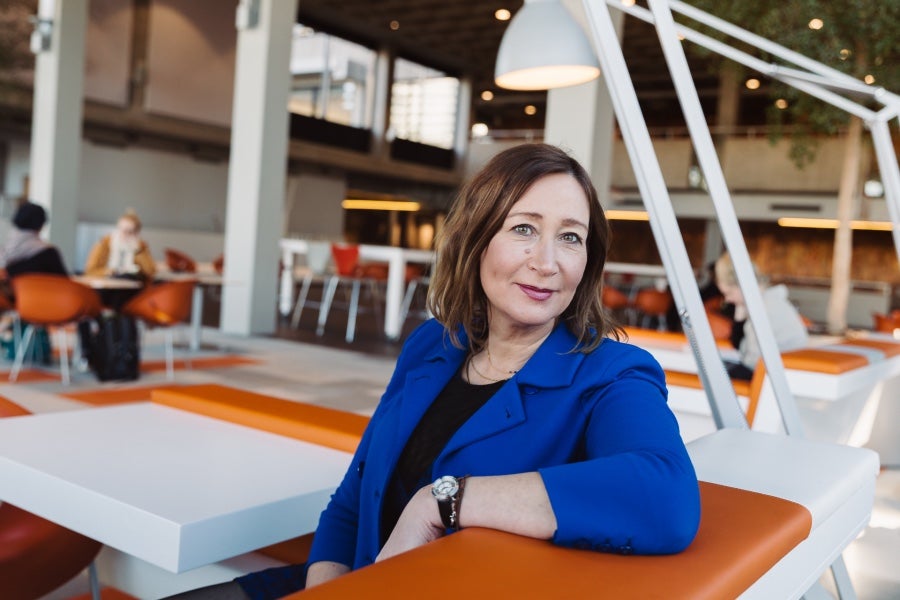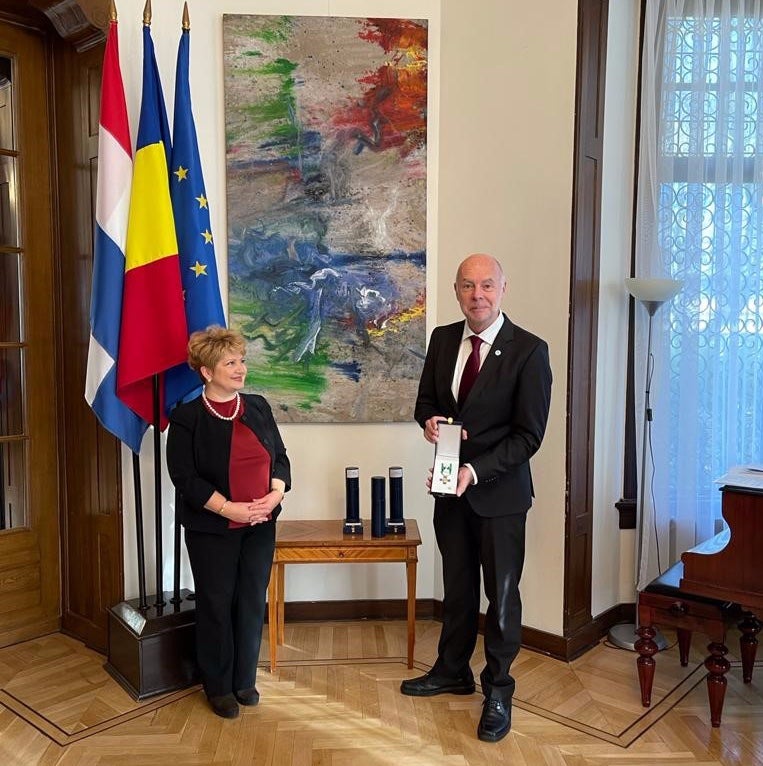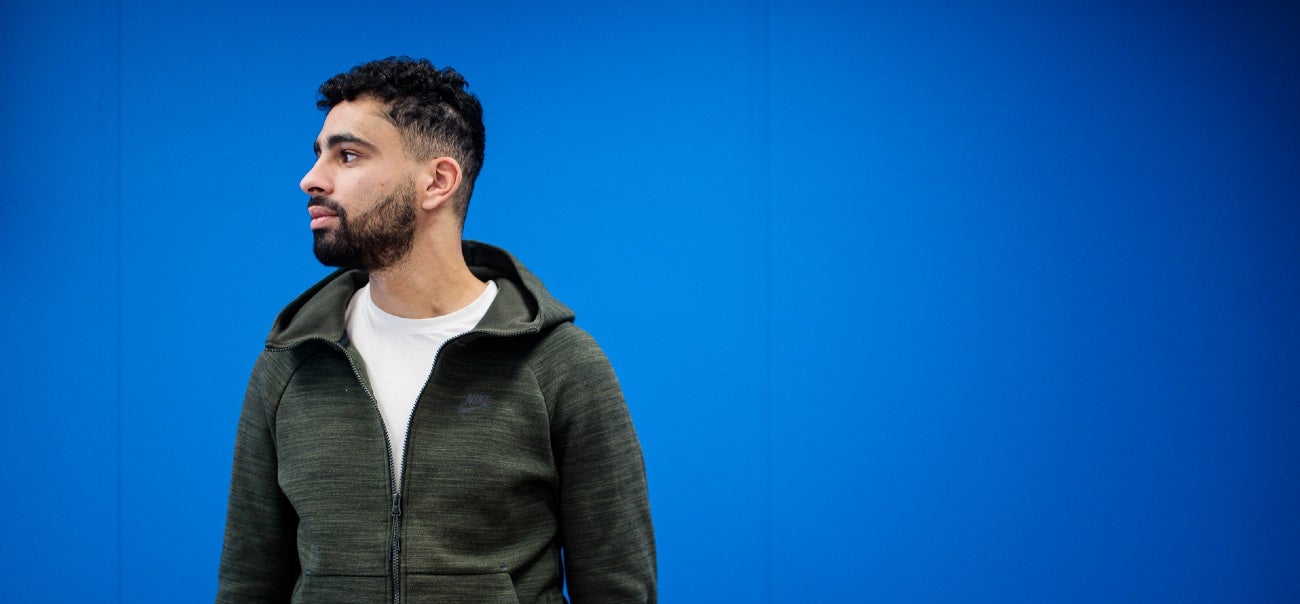For the last 11 years, Josja van der Veer was responsible for spatial planning at VU Amsterdam in her role as Director of Corporate Real Estate and Facilities. In the current anniversary year she looks back on her performance in the area of sustainability, innovation and entrepreneurship.
The VU campus has undergone a complete metamorphosis. Which changes make you feel proud?
„The campus has become much more open, inviting and lively in recent years. For example, you and your colleagues can now get together on a terrace or in a café and the debate room has become a place for great encounters. Before the coronavirus crisis, many initiatives used to be organized on campus that attracted people from various backgrounds, from government bodies to Zuidas businesses. Think of the On the Roof film festival and the Canal Festival at the botanical gardens."
What is your role in this?
„I have a talent for giving others the scope and confidence to realize their ideas. Often there will already be great initiatives but these tend to go unnoticed. By connecting people we try to shine the spotlight on these initiatives."
How do you create this connection between people?
„It is important that you have a strong affinity with the university’s ambitions. VU Amsterdam wants to be open and sustainable while occupying a position at the heart of society. If your vision aligns with a vision of urban development then you will immediately have a support base. I always say: ‘it’s not about rocks, it’s about people.’"
What can we expect from Sapiens, the partnership with Naturalis?
„Naturalis, a national institute that works to promote biodiversity, is currently working with the Amsterdam Sustainability Institute and researchers of our Faculty of Science in a building called the Valley. The Valley offers room for organizing activities, conducting research and exchanging knowledge of biodiversity and sustainability in a broader sense. That’s what we like to see: that more use is made of shared expertise to create more connections between government bodies, the business community and science."
What other initiatives can we expect in the area of sustainability?
„Sustainability is one of VU Amsterdam’s priority areas. In cooperation with the Green Team led by Ivar Maas, we created a plan that includes initiatives for on-campus education, research and operations. Examples include green roofs and water retention. So when there are heavy showers, water is stored instead of being discharged to the sewage system. It is a great example of the idea that the campus is a kind of living lab, where students and researchers can conduct research into air quality for example."
There are also wonderful initiatives for start-up entrepreneurs.
„Something that continued to surprise me was the fact that our campus had many of these start-ups but that they remained hidden. We joined forces with Amsterdam Science Park of the University of Amsterdam, the Amstel Campus of Amsterdam University of Applied Sciences and Amsterdam UMC to set up Amsterdam Venture Studios. There, innovative start-ups can get in touch with entrepreneurs and a community of like-minded people."
„By now it is home to 30 companies, who are assisted by IXA (Innovation Exchange Amsterdam) in writing a business plan, organizing marketing activities and getting introduced to interesting parties. The concept must have a solid business foundation, but we also want to market initiatives that make the world healthier, more sustainable or more socially engaged."
What is the next step in your career?
„In my new role as director of space and sustainability at the City of Amsterdam, I will assist in the development of a vision for the future of the city. That’s really exciting. We will be answering questions such as, what would be the right place for major housing development? And how do we ensure those areas are properly connected to the city? Of course everything has to be done with sustainability in mind. I cannot wait to begin this new challenge but of course I will miss VU Amsterdam very much indeed."








